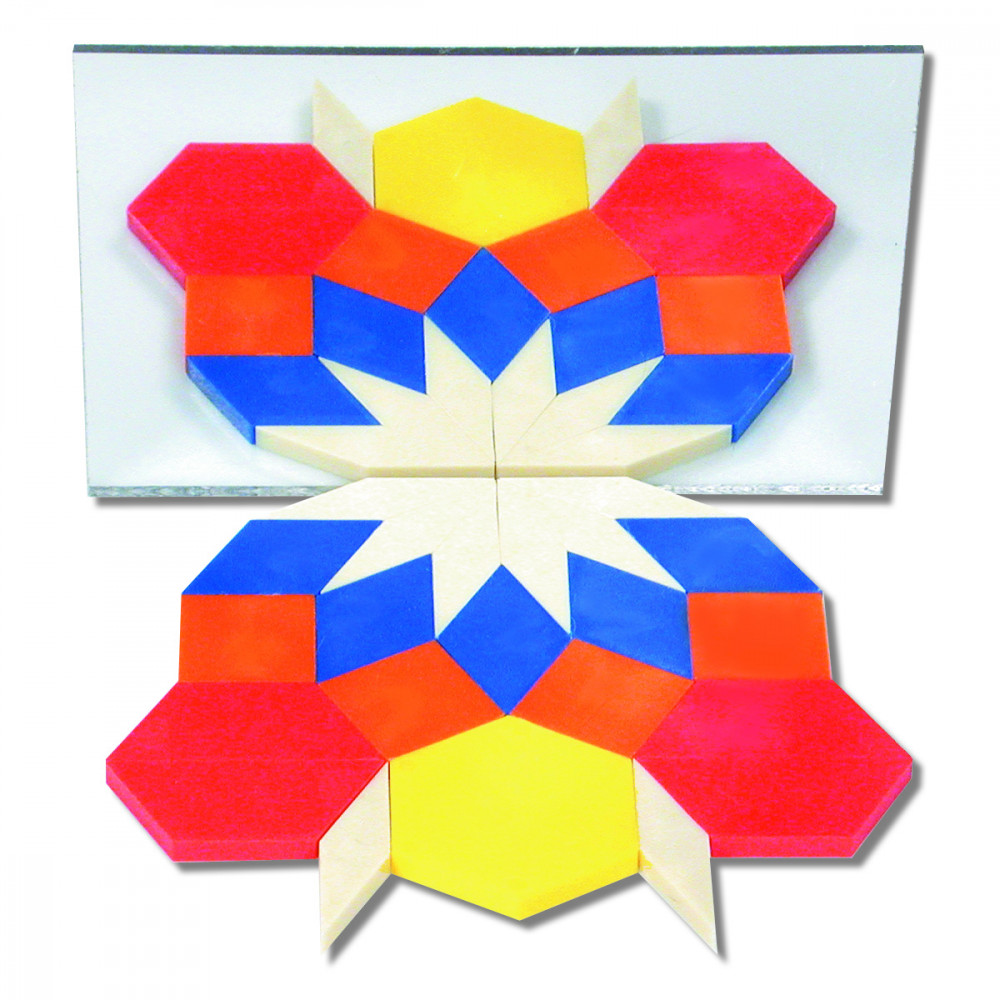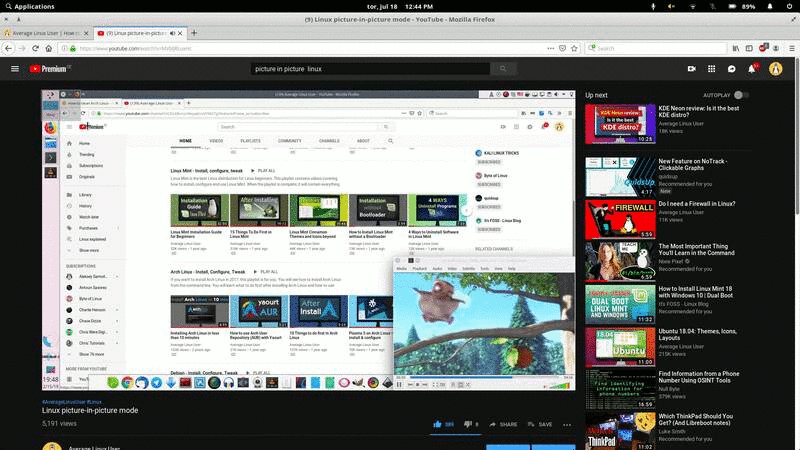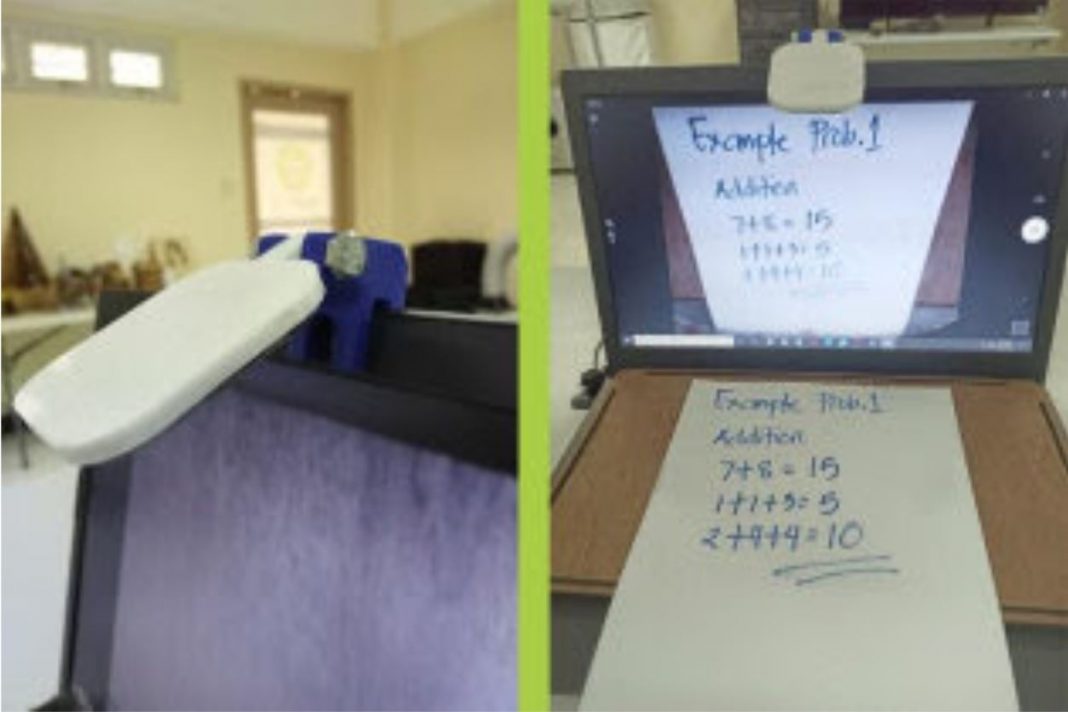

hard disks, external media, USB devices and also graphics cards. It takes care of all entries below /dev/, i.e. Yes! udev is a background service that takes care of that. The question is: Is there a way to trigger an action when an HDMI cable is plugged in or unplugged (physically or via the HDMI switch)? udev When you switched back, the desktop was extended again instead of mirrored. But we also had the problem that the screen settings were reset as soon as you plugged in your own device or selected another source on the HDMI switch. Most of the possibilities here solve the problem that the screens are mirrored after logon / at logon.

In Gnome3 / Unity you can also use monitor.xml to save screen configurations.


Another possibility would be to create a script that mirrors the screen and places a shortcut on the desktop. The user (in our case the teacher) has to adjust the screen to his or her liking after each login. I would like to list some of them briefly: There are several places where you can start to mirror screens. Mirror Screens Automatically Potential possibilities I would like to describe how you can use udev to solve this problem. There are different ways to automatically mirror screens when an HDMI cable is plugged in. The desktop of the computer should also be shown at the projector / TV. But in our situation we want something different. Ubuntu extends the desktop by default when connecting a screen. The projector is connected to an HDMI switch, so that you can switch easily between different inputs, e.g. In our school we have some computers, to which a projector is permanently connected. Published by Stephan on OctoOctober 31, 2018 How to automatically mirror screens when an HDMI cable is plugged in


 0 kommentar(er)
0 kommentar(er)
